Java / C++ / .NET Programming
Apply Now
🔥 Trending
Course Mode
Offline
Duration
3-4
Eligibility
A minimum of 50-60% in 10+2 from a recognized board, with Physics, Chemistry, and Mathematics (PCM) as core subjects.
Entrance Exam
JEE Main or WBJEE for B.Tech. programs.
Type of Course
UG
Course Summary
A course in Java, C++, and .NET programming provides a robust foundation in object-oriented programming (OOP) and software development. Java is known for its platform independence (“Write Once, Run Anywhere”) and is crucial for building enterprise-level applications, Android apps, and big data systems. C++ is a powerful, high-performance language used for systems programming, game development, and embedded systems. .NET, a framework from Microsoft, uses languages like C# to build secure and scalable web, desktop, and mobile applications. This program is for students who want to master the core principles of software development and are aiming for a versatile career in the IT industry.
📅 Upcoming Admission Deadlines
- java-c-net-programming with 50% scholarship August 28, 2025
Top Recruiters

TCS
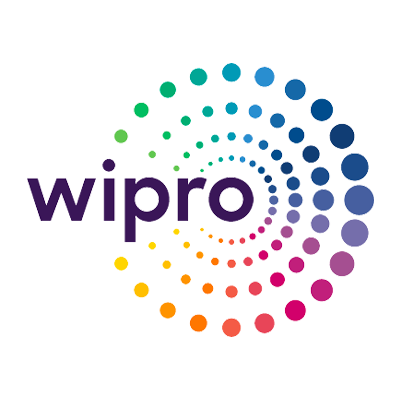
Wipro
Infosys
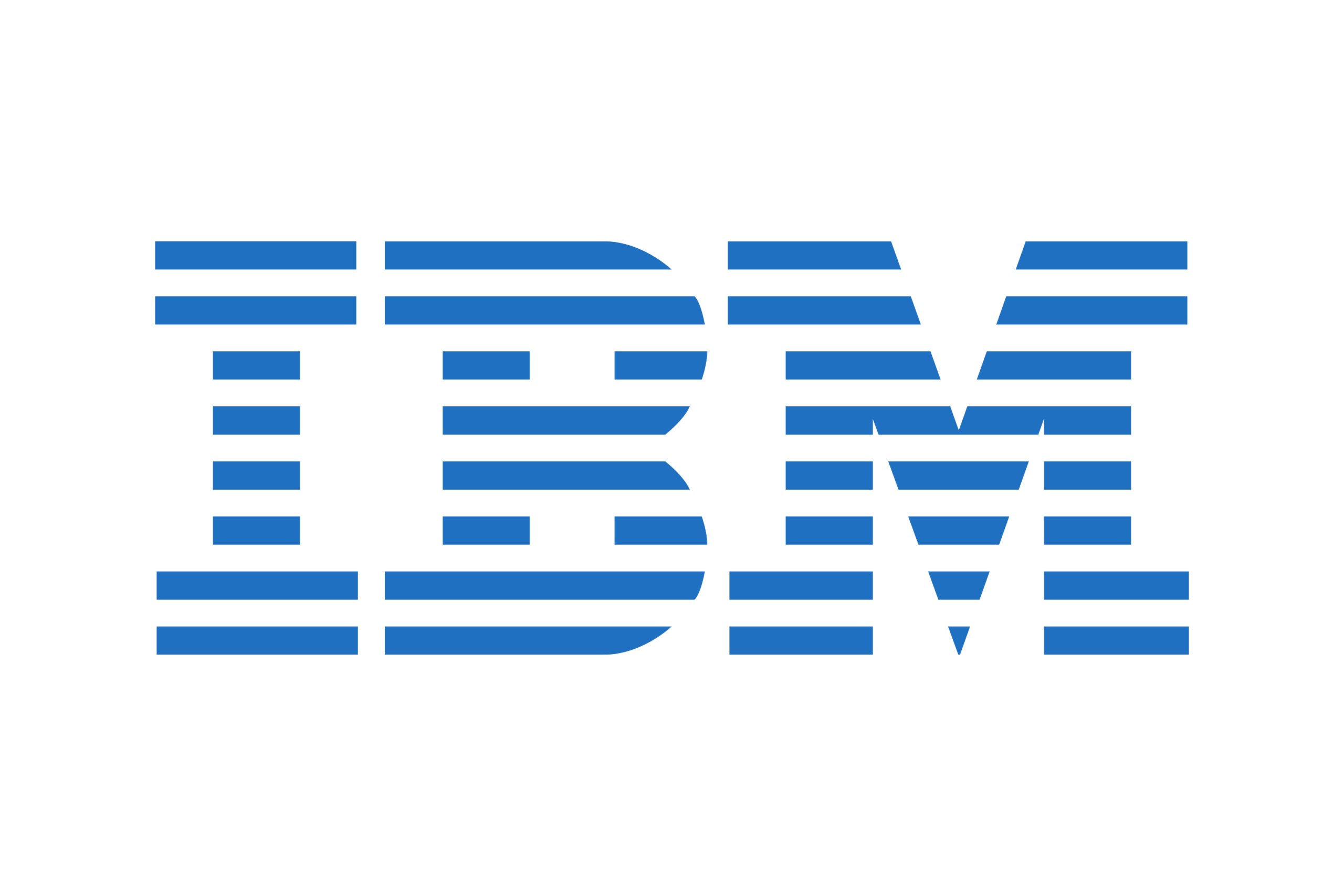
IBM
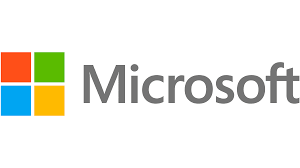
Microsoft
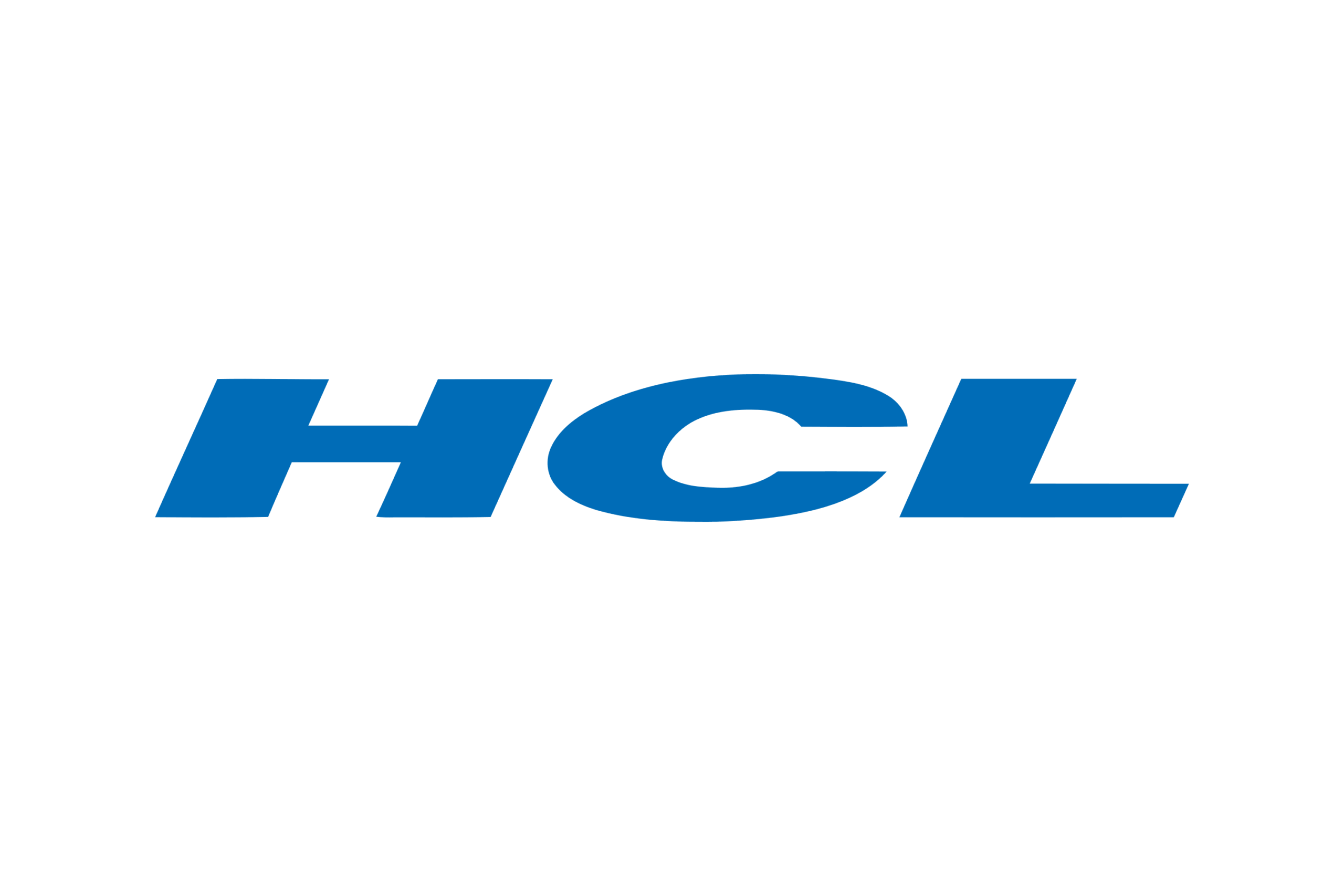
HCL Technologies
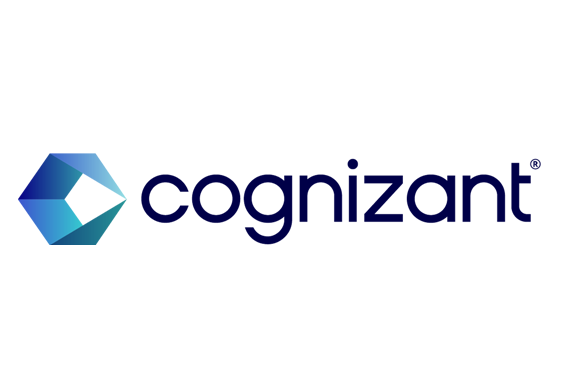
Cognizant
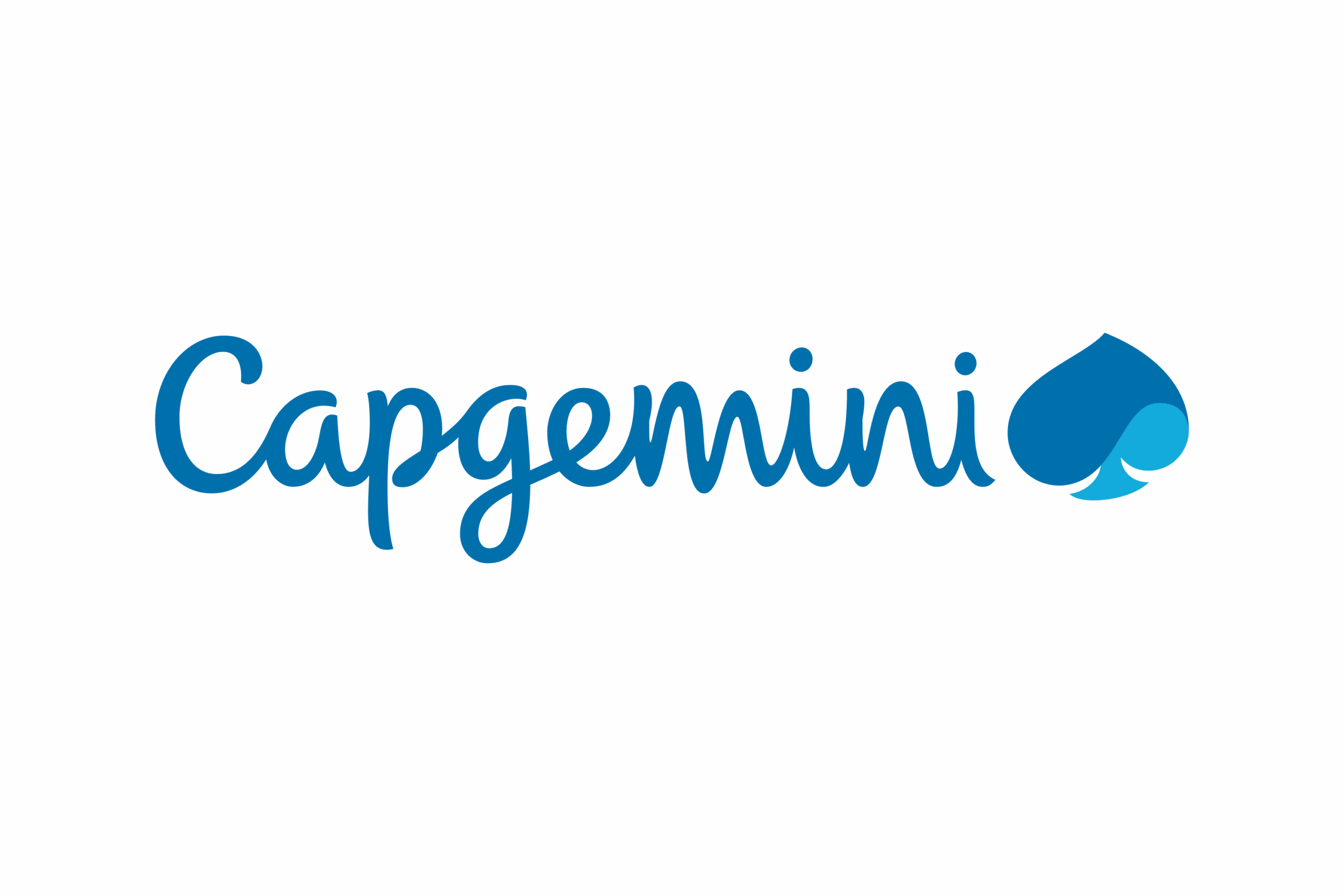
Capgemini
Career Scope
Network Engineer
Frontend Engineer
Electric Engineer
Software Developer
Web Developer
College-wise Fees
Frequently Asked Questions
Answer: Java code runs on the Java Virtual Machine (JVM), providing platform independence ("write once, run anywhere"). C++ code is typically compiled directly to machine-specific executable binaries, making it platform-dependent.
Answer: .NET utilizes the Common Language Runtime (CLR) and the Common Type System (CTS). The CLR provides a runtime environment for various .NET languages, while the CTS defines a common set of data types and operations, enabling seamless interaction between code written in different languages like C#, VB.NET, and F#.
Answer: Java and .NET employ automatic garbage collection, where the runtime environment automatically reclaims memory occupied by objects that are no longer referenced. C++ requires manual memory management, where programmers are responsible for explicitly allocating and deallocating memory using operators like new and delete to prevent memory leaks.